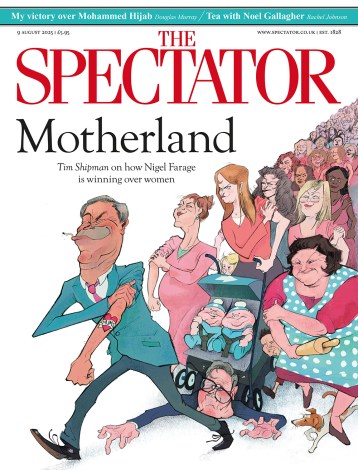Trading places | 3 December 2011
Thirty years ago Sir Keith Joseph, portrayed by Sir Ian Gilmour, a fellow minister, as owning ‘a Rolls-Royce mind without a chauffeur’, sent a newly published book to every Cabinet colleague. Most groaned, some murmured oaths, and a lucky few skimmed it. The book was English Culture and the Decline of the Industrial Spirit (1850-1980)









